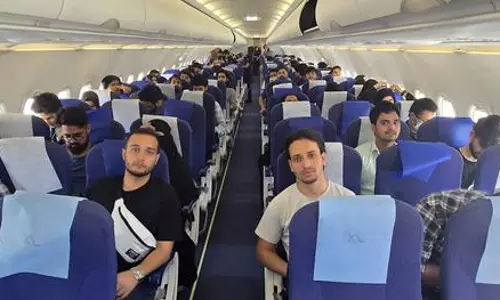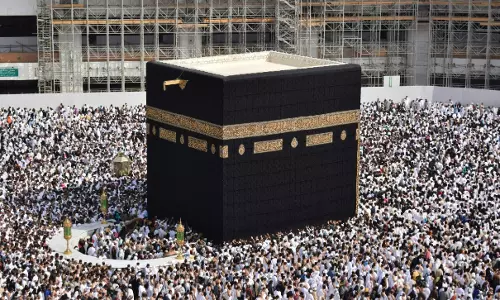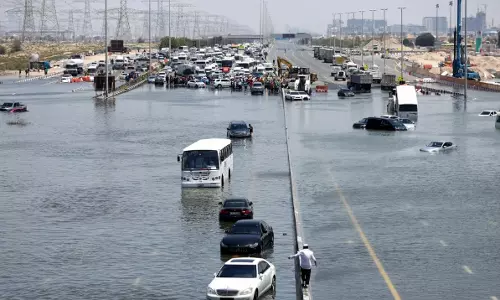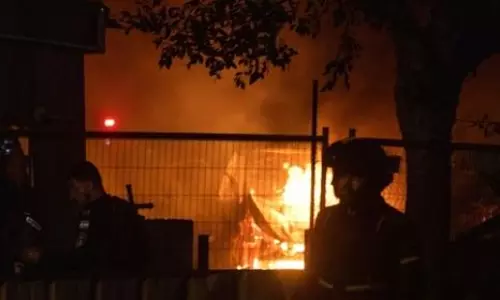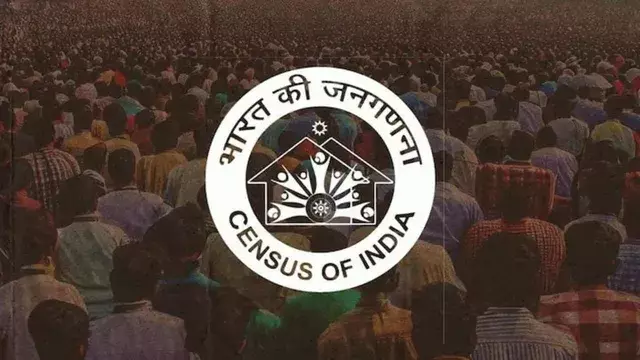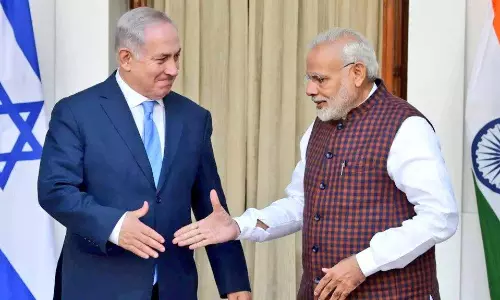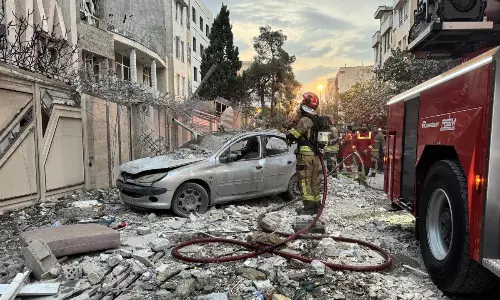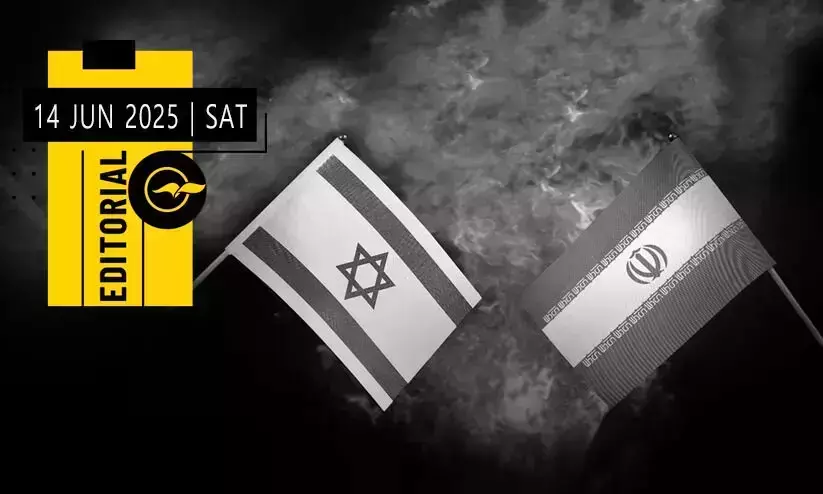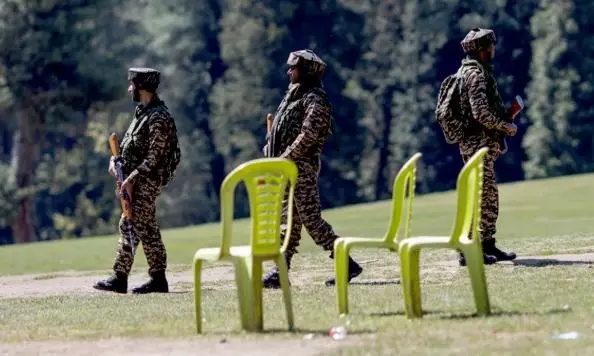
What is needed is peace, freedom from terrorism
text_fieldsThere could be no one in any civilized society including in this country who did not condemn strongly the brutal attack on civilian tourists in Pahalgam, Jammu and Kashmir, on April 22. The United Nations Security Council has also unequivocally condemned the terror attack that claimed the lives of 26 innocent people. The fifteen-member Security Council including Pakistan, has demanded to bring those involved in, responsible for, organizing, and aiding this atrocity to justice. Alongside expressing deepest condolence to the bereaved families and to the government of India and Nepal, the Security Council wished speedy recovery of the injured. The Security Council pointed out that no act of terrorism can be justified regardless of where, by whom and when it was committed and reminded that all states have the responsibility to respect the UN Charter and international law. The intervention of the UN Security Council and its unreserved condemnation of the Pahalgam terror attack may have been the result of the collective protest of the Indian people and the government. It will not take much to understand that those who plotted the out-of-the blue attack on unarmed and helpless civilians identifying them along racial lines and those who carried out the heinous act meticulously were part of some professional terror group. It is the continuation of the security threat from across the border India has been facing for decades. India grumbled about the UN Security Council not naming the TRF, the outcrop of Lashkar-e-Taiba, which claimed responsibility for the massacre. It may have to do with Pakistan currently being a non-permanent member of the Security Council and veto-wielding powers had difficulty inviting its resentment.
Going by Pakistan's experiences so far, it is clear that the country cannot quell the flourish of terrorist organizations, consolidated on the basis of social, ethnic, and political factors, despite causing enduring headache domestically. This could be the reason those ruled Pakistan could not find a political solution to Kashmir problem happening since the country's birth. Given the situation, what India could do is to permanently close the door to terrorist acts sponsored or planned from across its borders. Five years after declaring Jammu and Kashmir as Union Territory alongside abolishing its statehood, thus ruling centrally, elections were held there at the intervention of the Supreme Court. However, the complete statehood to the region as was assured to the court has not yet been restored. It simply means that the Centre is carrying out the rule with all cautions and implements.
Tourists began flocking to 'heaven on earth', trusting the assurance given to the nation that peace had been restored by eradicating terrorists and separatists. The Pahalgam incident has admittedly shattered that trust and hope. Rather than judging the Central government, the demand rising from all corners is to root out the causes of terrorism thus restoring peace and freedom in the region. Despite many out there want to end the terrorist threat through another war, neither Donald Trump's America nor Putin's Russia whom Modi government considers as the country’s best allies and well-wishers, are not signaling green light to military action. India and Pakistan are internationally being pressed to find a solution to the problem through bilateral dialogue. At the same time, this country cannot anymore walk under the shadow of the threat of terrorism. The government should be able to come to a wise decision after examining and considering everything, and the country should stand united by that decision.





